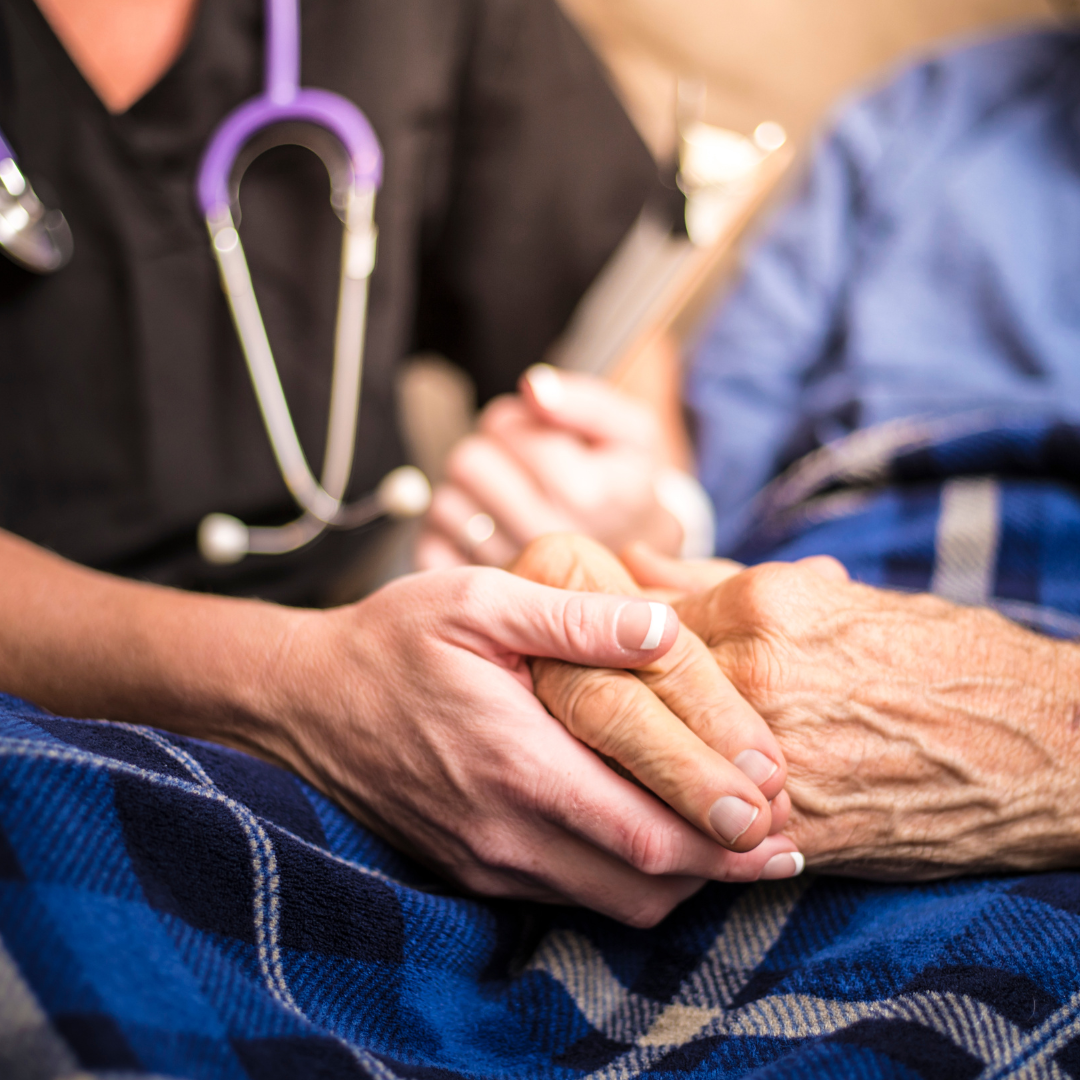Moral distress and burnout at all-time highs
Operators learned firsthand how much the pandemic was affecting our workforce. The early distress experienced by staff — as they witnessed loss and suffering among beloved care home residents — was soon matched by personal fears about becoming infected and bringing COVID-19 into their homes and to family members.
Workload pressures mounted early on, as outbreaks sent up to 50% of staff into isolation at home — leaving unfilled shifts to be covered by overworked colleagues. Overtime grew from an occasional stop-gap measure to a never-ending expectation.
Staff were expected to learn changing infection control protocols daily or weekly as pandemic conditions shifted, with workers always on high alert to ensure nothing was missed. Front-line leaders couldn’t let their guard down as teams of care staff counted on their leadership and support.
By 2022, 80% of CHAA operators reported high levels of workforce distress and below normal staffing levels. Many workers had left the sector, and those remaining were looking to their employers and governments for a sign of better days.

Collaborating on solutions
CHAA operators came together throughout the pandemic to identify early warning signs about emerging risks — and to be a brainstorming and sounding board for potential solutions. Collectively, we developed an emergency/surge staffing model designed to permit temporary reassignment of workers to different sites — or to move management staff into front-line care roles — if staffing levels became critically low.
We worked tirelessly with our workforce and union leaders to minimize the impact of essential public health orders such as the single-site order, which prohibited staff from working at more than one site. CHAA operators and our staff were heavily involved in the development of public health orders related to staff and resident vaccination programs — including educational resources to address vaccine hesitancy.
Funders also recognized the operational pressures on operators and supported the sector with $250M in additional funding support, including a wage top-up for health care aides.

Religious accomodations
As a community of faith-based operators, CHAA believed it was incumbent on us to demonstrate leadership in managing staff accommodation requests to decline mandatory COVID-19 vaccination on religious grounds. Under the guidance of legal, human rights, labour relations and theology experts, CHAA developed a rigorous guide, CHAA Resource Guide to Mandatory Staff Vaccination - Accommodation on Religious Grounds, as the recommended protocol for CHAA members to methodically assess employee requests for accommodations.
The guide was successful in educating staff and operators about reasonable grounds for accommodation — and ensuring policies and decisions at the level of each operator were compassionate, fair, equitable, and defensible. The protocol is believed to have significantly reduced the number of union grievances and the associated legal costs — thanks to the comprehensiveness of the guide and our collaborative and transparent approach during its development.

Related Content
Learn more about resident quality of life.

Regulatory Overview
The new Continuing Care Act will soon be in force. Here's how we're contributing to new legislation and regulations.

Our focus on solutions
CHAA operators have a unique system-level vantage point to observe gaps and challenges between the interconnected parts of the healthcare system.

Workforce solutions
The COVID-19 global pandemic radically changed the face of the workforce in continuing care. Employees overwhelmed by the sense of loss and grief in care homes are now giving way to an emotionally and spiritually depleted workforce.
